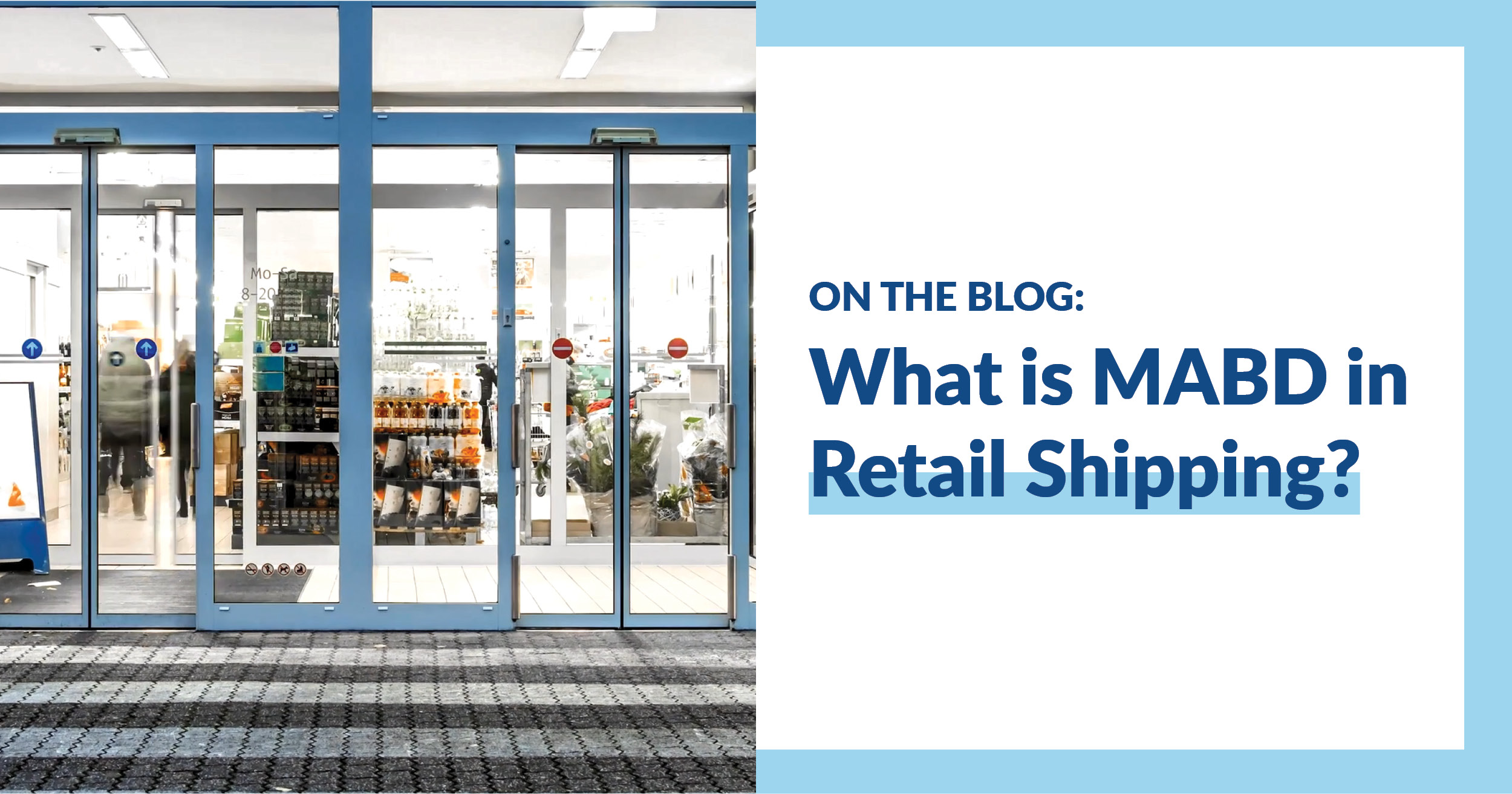What Technology Do You Need to Ship to Retailers?

When coordinating product deliveries to big box retailers, shippers need a reliable way of exchanging data. Carriers must comply with consumers’ demands for increased visibility and transparency and often use EDI and API technology to do so. This promotes more efficient communication when shipping to retailers.
EDI Tracking
Electronic Data Interchange, or EDI, is the electronic interchange of business information using a standardized format. Most retailers require that shippers use EDI tracking to allow for more efficient exchanges of information between companies.
Roadrunner Freight has a full suite of EDI capabilities to support the transaction sets most commonly used with retailers today. For more information on the most common EDI messages used for retail shipping, click here.
API Integration
Application Programming Interface, or API, is the integration between a cloud software system and computer system that allows the transfer of information back and forth. For additional information on Roadrunner Freight’s API capabilities and set up, click here.
Transportation Management System (TMS)
A TMS is not required by big box retailers; however, it may help shippers comply with other requirements that retailers may have. For example, some retailers require shippers to keep a list of their product and other item specifications. You can save time by building product lists in your TMS portal. Now you’ll be able to select one of your pre-created items and access any necessary details, such as shipment height, pallet count and more. Check out our blog for more on how a TMS can help you ship to retailers.
At Roadrunner Freight, we support shippers looking to expand into the retail vertical and offer the necessary technology for you to be successful. To get started, visit our page on retail shipping to request more information.